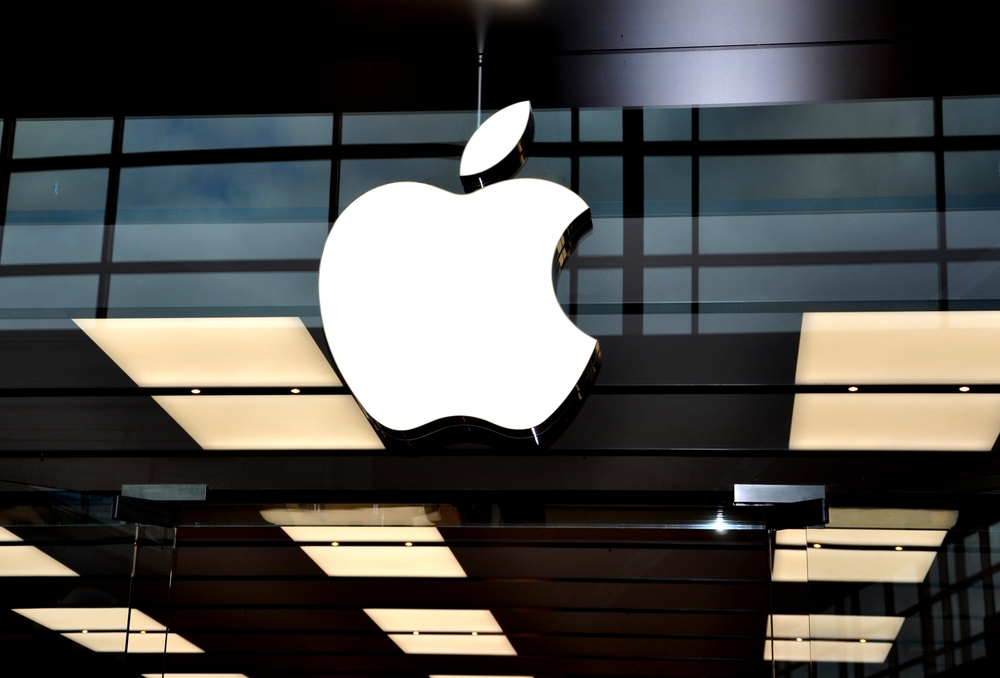Technology
Apple rolls out its next big software improvements
SAN FRANCISCO – Apple kicked off its annual software developer conference with new software features for its smartwatch and its streaming TV device, following a moment of reflection for the Sunday mass shooting in Orlando, Florida.
Saying that Apple offered its “deepest sympathies to everyone whose lives were touched by this violence,” CEO Tim Cook called the shooting a “senseless, unconscionable act of terrorism and hate aimed at dividing and destroying.
”
He noted that Apple makes a point of celebrating its diversity, before asking the crowd to rise and take part in a moment of silence.
As usual, Apple is using the conference to tout software improvements for iPhones, iPads, Mac computers and watches. An overhaul of its music service also could be in the mix. After Apple’s dust-up with the FBI earlier this year over iPhone security, it might also announce new security measures to protect users’ data.
Making Siri smarter
Artificial intelligence, and Apple’s wisecracking digital assistant Siri, is starting to play a larger role in Apple’s future plans.
On Monday, Apple announced that the voice-controlled assistant will work on Mac desktop and laptop computers, where it can locate files and perform other feats. Siri is also better integrated with Apple TV, where it will let you launch live TV viewing with voice command and search YouTube and the iTunes store for videos.
Perhaps more important, Apple is letting Siri work with applications made by other companies. The change will open up new ways for Siri to help iPhone owners get things done more quickly.
Such AI features are emerging as a major new tech battleground, one where Apple is racing to catch up with other virtual assistants from Google and Amazon. Amazon’s assistant, Alexa, is enjoying a surge in popularity, partly because it works well with a variety of other applications.
Experts say the move could make Siri more useful to consumers and help Apple learn more about its users. But it could diminish use of Apple’s homegrown apps, such as Apple Music or Maps. Now, users might ask Siri to open a competitor like Spotify.
Getting to know you
With AI, “systems get much better the more they know about the user,” said Alan Black, an expert in voice-enabled technology at Carnegie Mellon University. Apple collects plenty of data from its users, but hasn’t “focused on connecting all the dots,” said Raj Singh, co-founder of Tempo AI, an artificial intelligence startup acquired by Salesforce.com last year.
Apple, however, has long been reluctant to pry too deeply into your personal information. And some experts say that puts it at a disadvantage compared to Google, which has compiled vast quantities of data – about both individual users and consumer trends – from its search engine, Gmail, maps and other well-liked online services.
“We don’t mine your email, your photos, or your contacts in the cloud to learn things about you,” Apple VP Craig Federighi said at the company’s Worldwide Developers Conference last year. “We honestly just don’t want to know.”
Last fall, however, Apple acquired a startup that makes AI software specifically for mobile devices, and another that helps computers carry on extensive voice conversations.
What to watch
Apple’s watch, the company’s first new product since Cook replaced co-founder Steve Jobs in 2011, is getting an upgrade in September that will bring fitness tracking to wheelchair-bound users. The retooled watch software will include an “SOS” feature that will automatically call for help in emergencies and the ability to share exercise activities with other people. It will also launch software apps faster than before.
Apple is making it easier to use its Apple TV set-top box as the new hub of a digital home. The new version of the tvOS system will enable you to sign in once to access multiple apps from various TV network providers. It’s also adding services like Dish’s Sling TV and Fox Sports Go.
Pay as you go
The company’s digital payment system, Apple Pay, is coming to the web. The service already lets people pay in stores without opening a separate app, by holding their phone or watch near a reader.
Apple says users can now use their phone’s fingerprint sensor to pay and check out when they are shopping online using a web browser. Google brought a similar feature to Android Pay last month. Apple says it will soon expand the service to Switzerland, France and Hong Kong. It’s already available in the U.S., the U.K., China and a few other markets.
























